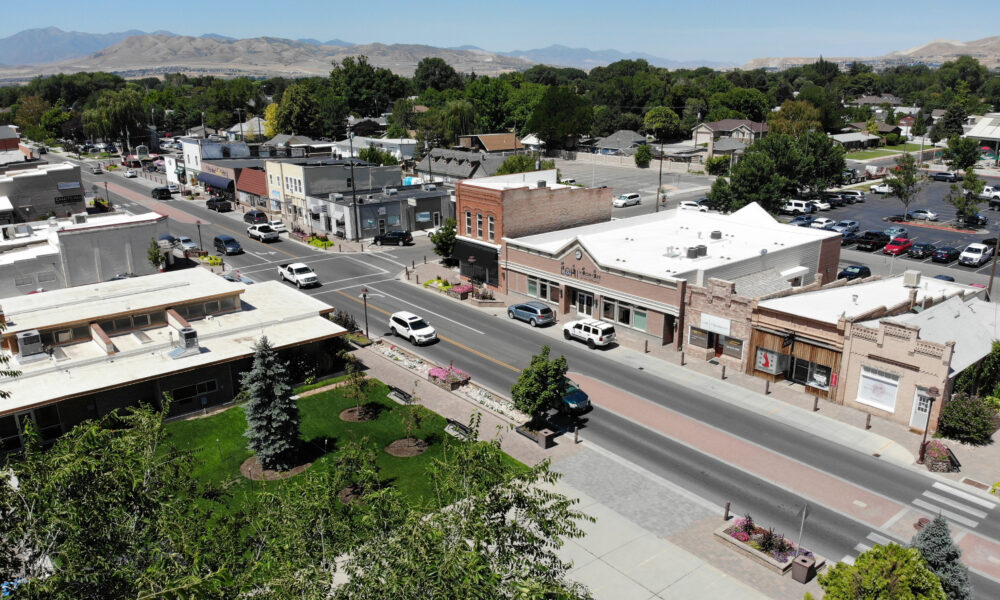


According to Wallethub, a finance thinktank, size matters when choosing a city in which to launch a startup. As many veteran entrepreneurs and failed startups understand well, bigger is not always better. A city with a smaller population can offer a greater chance of success, depending on an entrepreneur’s personal preferences and the type of business they’re starting. The best cities can even help new businesses survive economic shocks such as pandemics or inflation.
To determine the best small cities to start a business, WalletHub compared the business-friendliness of more than 1,300 small-sized cities throughout the United States. The data set included 18 key metrics ranging from the growth rate of the number of small businesses to investor access and labor costs.
“The benefits of starting a business in a small city include lower overhead costs, stronger relationships with customers and the potential to become a big fish in a little pond. But there are drawbacks, too. Entrepreneurs who want to build a large professional network aren’t likely to make as many connections in a town with fewer residents. Other restrictions might include limited industry options, a less diverse customer base, and difficulty attracting and keeping top talent,” said Cassandra Happe, Wallethub analyst.
The top ten cities included four in Utah. A link to the study is here: https://wallethub.com/edu/best-cities-to-start-a-business/2281
| Overall Rank | City | Total Score | Business Environment Rank | Access to Resources Rank | Business Costs Rank |
| 1 | Cedar City, UT | 67.18 | 2 | 43 | 204 |
| 2 | St. George, UT | 65.91 | 1 | 226 | 148 |
| 3 | Fort Myers, FL | 62.49 | 54 | 23 | 82 |
| 4 | Washington, UT | 61.93 | 10 | 132 | 437 |
| 5 | Post Falls, ID | 61.73 | 13 | 191 | 371 |
| 6 | South Bradenton, FL | 61.42 | 82 | 602 | 70 |
| 7 | Morrisville, NC | 61.39 | 30 | 29 | 427 |
| 8 | Lehi, UT | 61.21 | 4 | 131 | 545 |
| 9 | Altamonte Springs, FL | 60.87 | 37 | 211 | 128 |
| 10 | Coeur d’Alene, ID | 60.81 | 6 | 518 | 406 |